Content from the Brookings Institution India Center is now archived. After seven years of an impactful partnership, as of September 11, 2020, Brookings India is now the Centre for Social and Economic Progress, an independent public policy institution based in India.
This article first appeared in the Harvard Business Review. The views are of the author(s).
What is a “smart” society? While flights of imagination from science-fiction writers, filmmakers, and techno-futurists involve things like flying cars and teleportation, in practice smart technology is making inroads in a piecemeal fashion, often in rather banal circumstances. In Chicago, for example, predictive analytics is improving health inspections schedules in restaurants, while in Boston city officials are collaborating with Waze, the traffic navigation app company, combining its data with inputs from street cameras and sensors to improve road conditions across the city. A city-state such as Singapore has a more holistic idea of a “smart nation,” where the vision includes initiatives from self-driving vehicles to cashless and contactless payments, robotics and assistive technologies, data-empowered urban environments, and technology-enabled homes.
To read more, please click here.
The Brookings Institution is committed to quality, independence, and impact.
We are supported by a diverse array of funders. In line with our values and policies, each Brookings publication represents the sole views of its author(s).


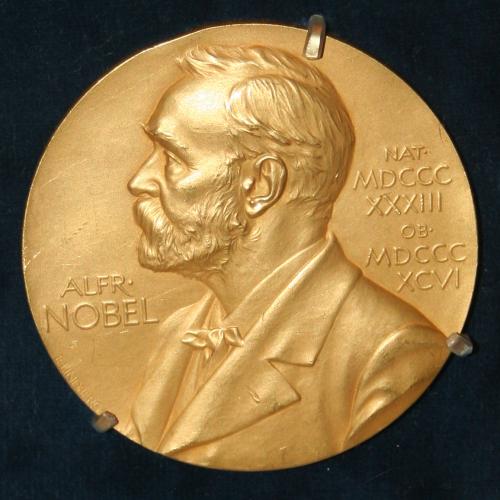
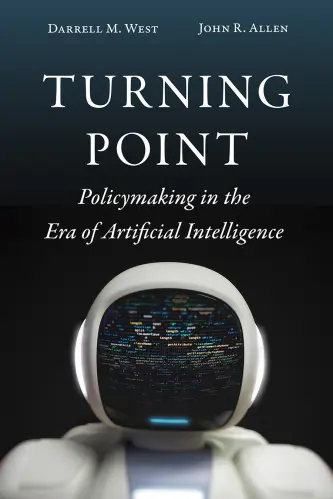

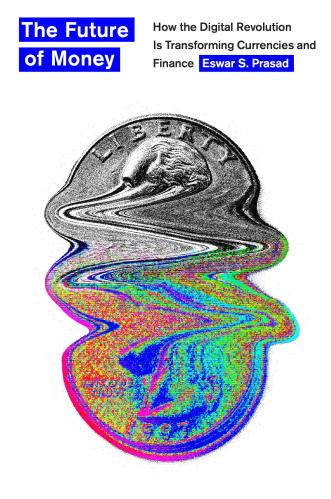
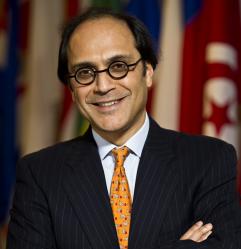

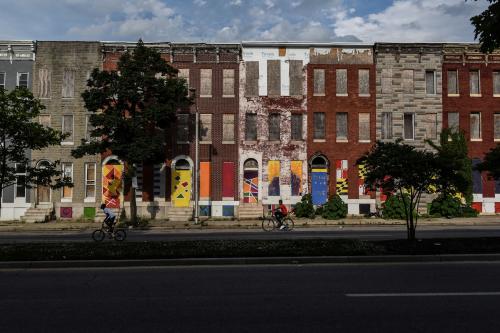
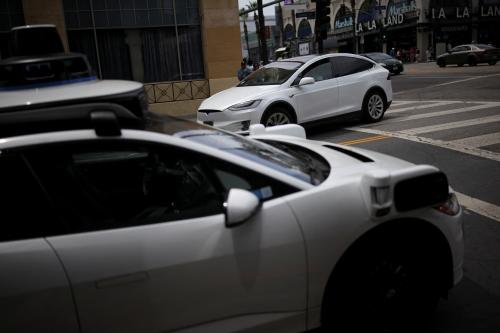
Commentary
Op-edThe “smart society” of the future doesn’t look like science fiction
October 11, 2017